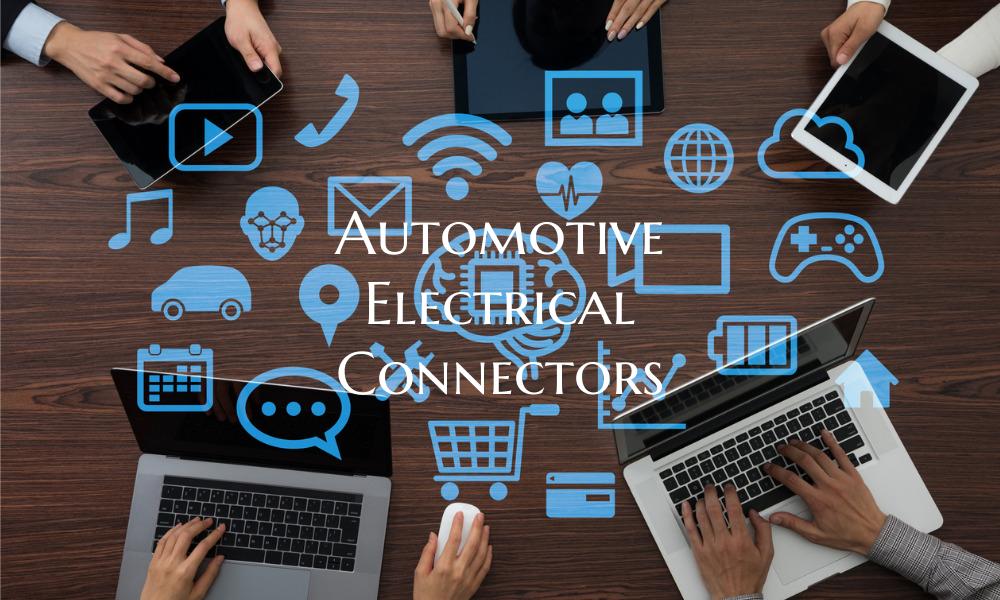Automotive Electrical Connectors
Automotive electrical connectors play a crucial role in modern vehicles, serving as the nerve center for various electronic systems. These connectors are designed to establish secure and reliable connections between different components within the vehicle, helping to ensure smooth operation of electrical circuits. In this guide, we will explore the importance of automotive electrical connectors, their types, and key considerations for selection and maintenance.
Importance of Automotive Electrical Connectors:
Automotive electrical connectors are essential for transmitting electrical signals and power between different components of a vehicle. From controlling the engine management system to powering entertainment and safety features, these connectors facilitate communication and functionality within the vehicle.
Types of Automotive Electrical Connectors:
1. Blade Connectors: Commonly used for power distribution and grounding, blade connectors feature flat blades that slide into corresponding receptacles. 2. Butt Connectors: Butt connectors are used to join two wires end-to-end, providing a secure and insulated connection to prevent short circuits.
3. Deutsch Connectors: Known for their rugged design and weatherproof properties, Deutsch connectors are often used in harsh environments like off-road vehicles.
4. Terminal Blocks: Terminal blocks consist of a strip of metal connectors where wires can be clamped or screwed down to establish connections.
Key Considerations for Selection and Maintenance:
1. Compatibility: Ensure that the connectors are compatible with the wire gauge, current rating, and environmental conditions of the application.
2. Durability: Select connectors made from high-quality materials that can withstand vibrations, temperature variations, and exposure to moisture.
3. Proper Installation: Follow manufacturer guidelines for installing connectors to prevent loose connections, which can lead to electrical failures or safety hazards.
4. Regular Inspection: Periodically inspect connectors for signs of corrosion, wear, or loose connections, and address any issues promptly to prevent electrical malfunctions.
In conclusion, automotive electrical connectors are indispensable components that enable the proper functioning of electronic systems in vehicles. By understanding the different types of connectors, considering key selection factors, and maintaining them effectively, automotive enthusiasts and professionals can ensure reliable electrical connections and optimal performance in their vehicles.

